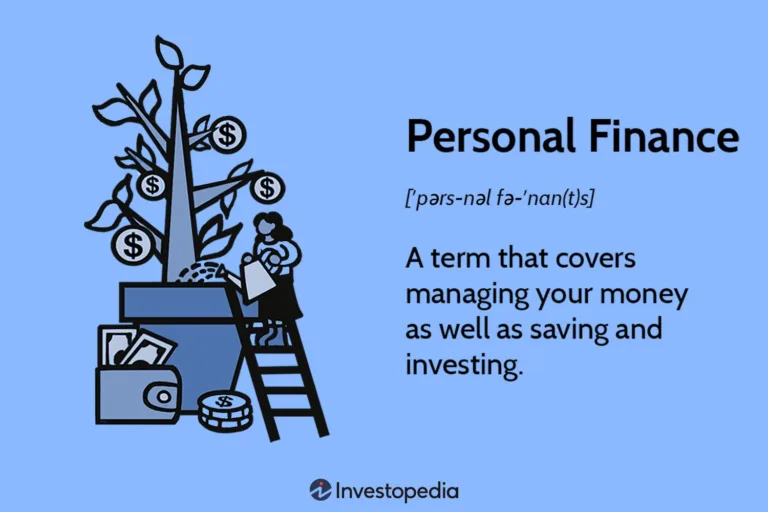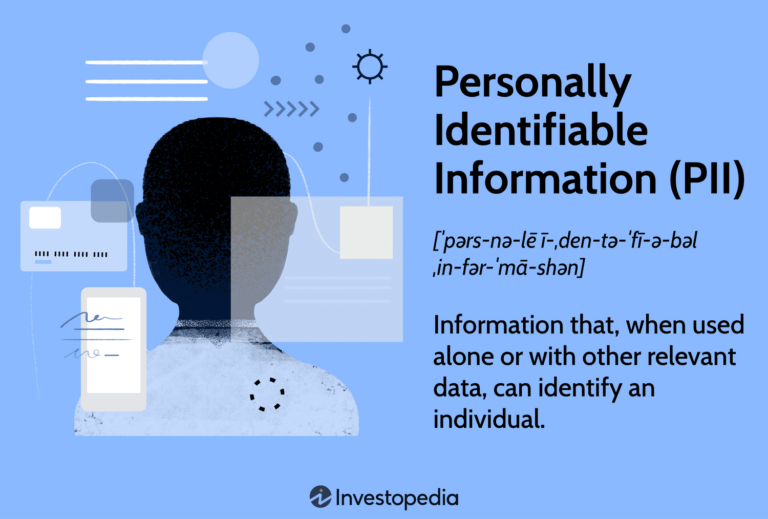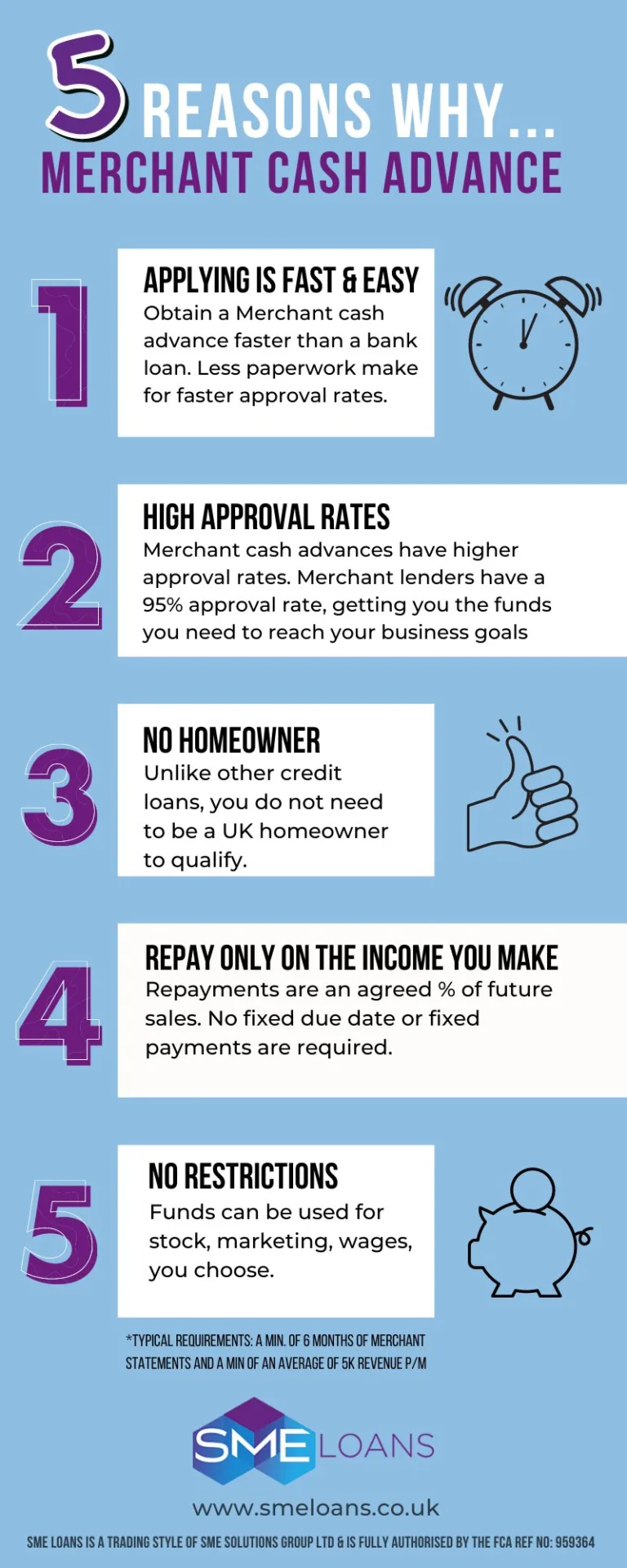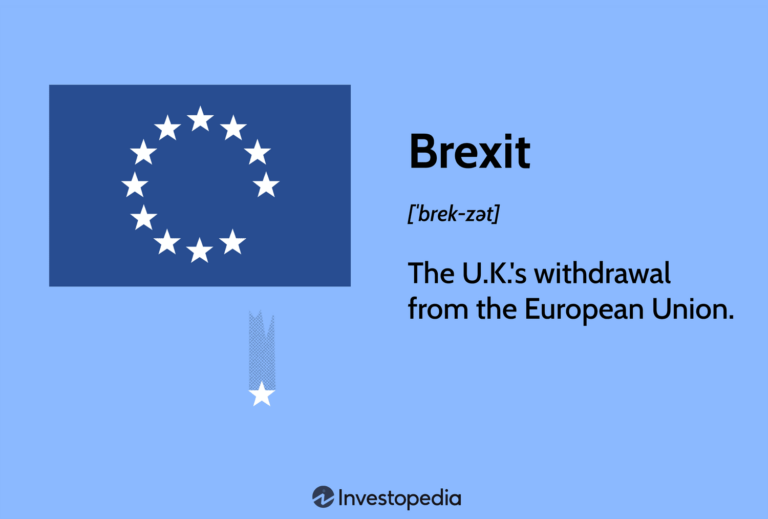What Does It Mean to Be a Credit to Someone?: Mastering the Art of Trust
Being a credit to someone means being a positive and valuable asset in their life, gaining their respect and admiration. When you are a credit to someone, you are seen as trustworthy, dependable, and worthy of association. Your actions and behavior reflect positively on the person you are associated with, making them proud to be…





